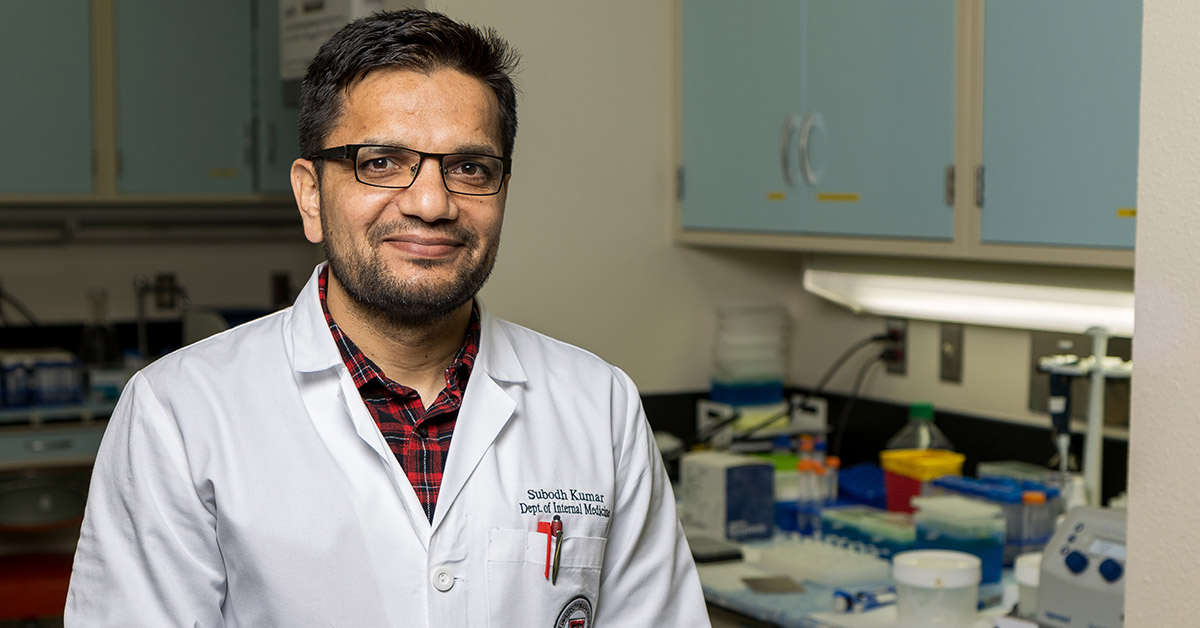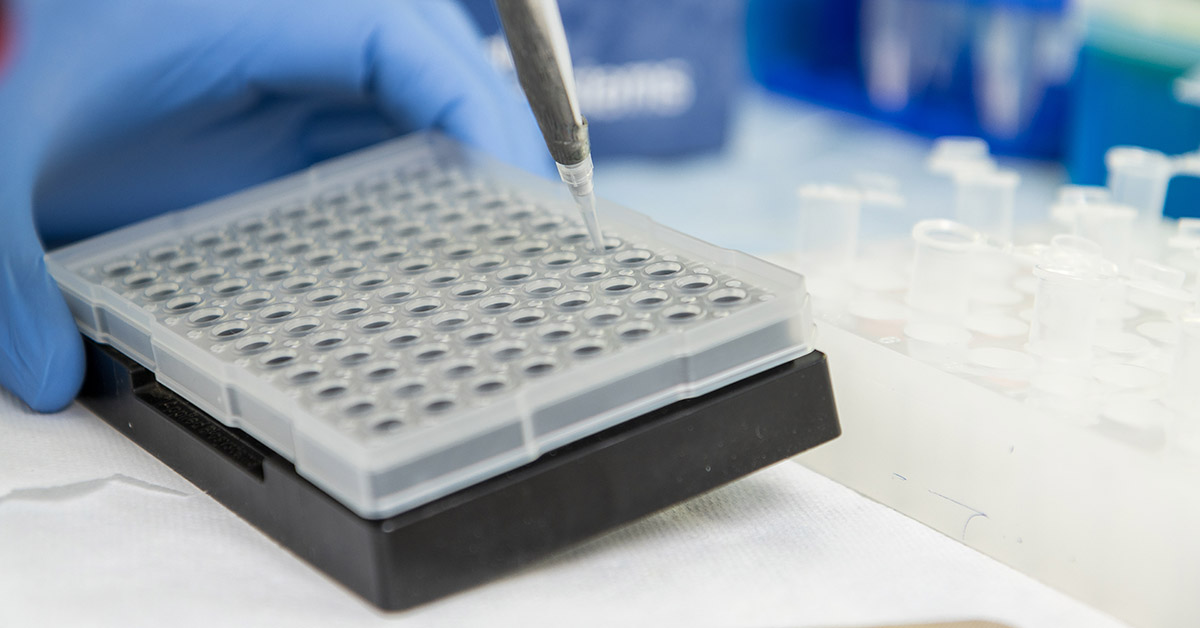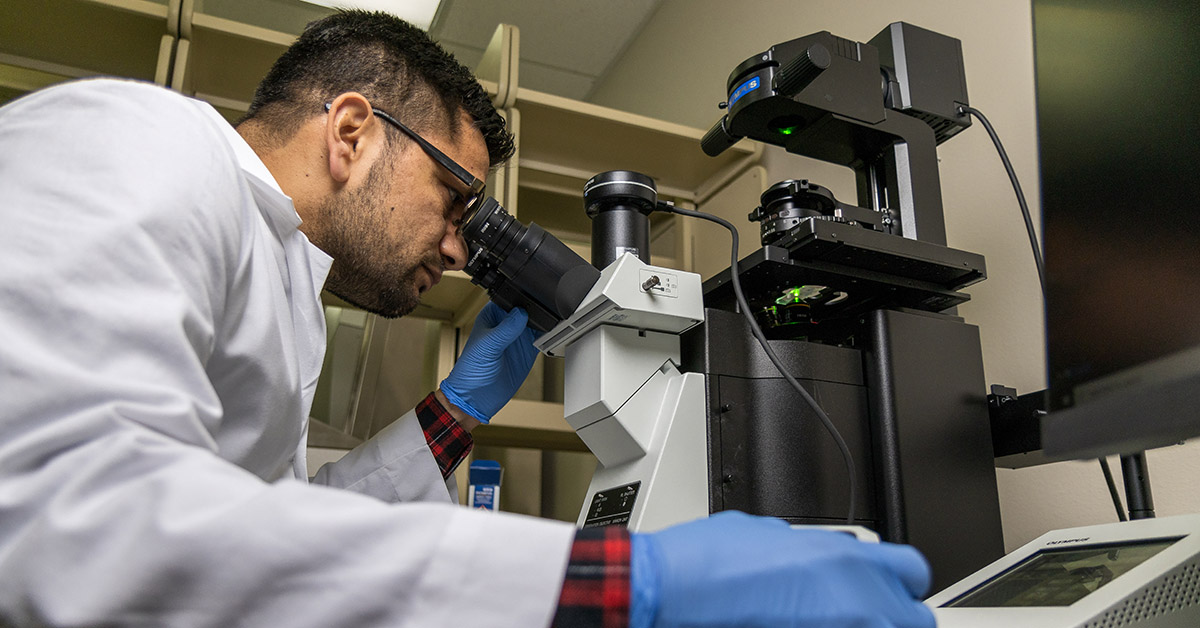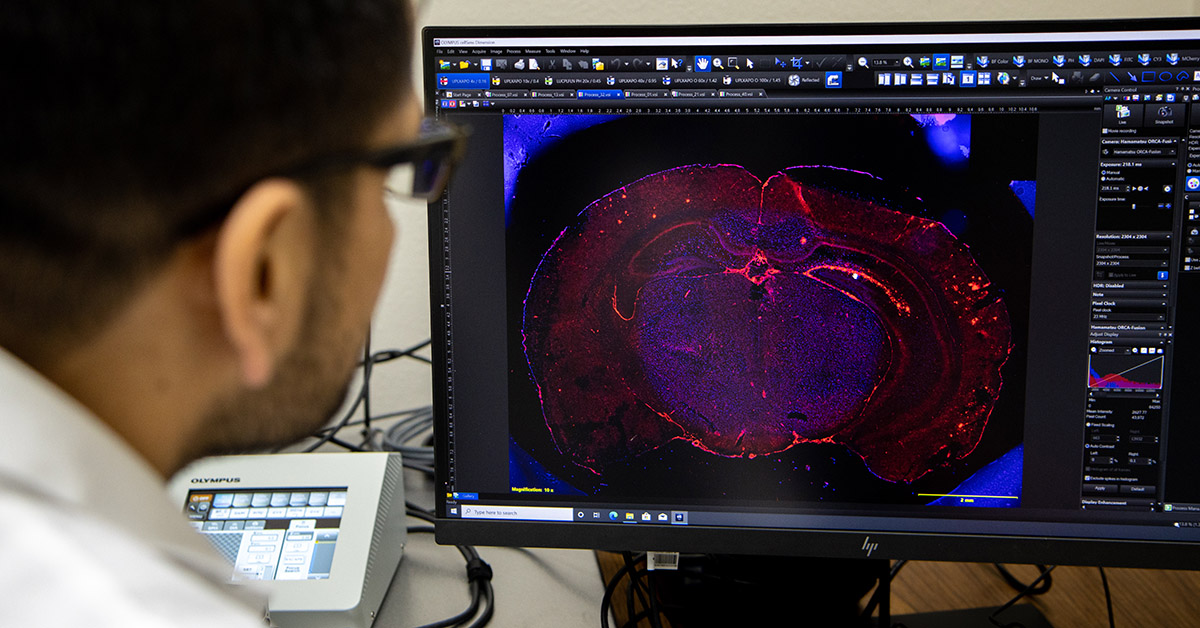Kumar, University’s First Recipient, to Continue Alzheimer’s Research

Subodh Kumar, Ph.D., a postdoctoral research associate for the Reddy Lab in the Texas Tech University Health Sciences Center (TTUHSC) Department of Internal Medicine, was selected in September 2020 to receive a five-year K99/R00 Pathway to Independence Award from the National Institutes of Health-National Institute on Aging. The purpose of the award is to increase and maintain a strong cohort of new, talented and independent researchers supported by the NIH.

As part of the NIH Research Training and Career Development Program, the Pathway to Independence Award is designed to facilitate a timely transition of outstanding postdoctoral researchers from mentored research positions to independent tenure-track faculty positions. With the award, the NIH will support Kumar for two years in the K99 mentor phase and then for three years in the R00 independent phase during which he will be expected to successfully compete for independent R01 support.
“This timeline will allow to generate preliminary data for a long-term R01 proposal,” Kumar said. “This award also will help me to continue my K99 training under my postdoctoral and primary mentor, Dr. P. Hemachandra Reddy, and to conduct my own independent research project to establish myself as an independent investigator.”

Kumar will use the award to investigate and increase the understanding of how synapses and synaptosomal microRNAs function in relation to the development and progression of Alzheimer’s disease. As the most important compartments of neurons, synapses deliver signals from one neuron to another and maintain healthy synaptic and cognitive functions of the brain. MicroRNAs, known as miRNAs, are a specific type of non-coding RNAs that are important in regulating gene expression.
“My research project is designed to determine the status of synapse and synapse microRNAs in Alzheimer’s and their relationship with pathological hallmarks of Alzheimer’s, such as amyloid-β and p-tau,” Kumar explained. “The outcome of my study is expected to provide new insights about synaptosome-specific microRNAs and their therapeutic relevance in synaptic dysfunction in aging and Alzheimer’s disease.”

Kumar said the Pathway to Independence is the most prestigious and competitive award for postdoctoral candidates who want to build a career in research and academia. It is the first K99/R00 award received by a TTUHSC postdoctoral candidate, and Kumar said he could not have been successful in pursuing the award without the help of Reddy and co-mentors Chhanda Bose, Ph.D., from TTUHSC, Russell Swerdlow, M.D., (University of Kansas Medical Center) and Debomoy K. Lahiri, Ph.D., (Indiana University School of Medicine).
“I sincerely thank all faculty members, particularly the Department of Internal Medicine chair and the Reddy Lab members,” Kumar added. “I would also like to say thanks to my family and parents for their support and blessing to achieve this prestigious award. It was my life long wish to do novel research in the field of neuroscience and neurodegenerative diseases, particularly Alzheimer’s. This award will help me fulfill my dream to become an independent investigator and conduct research for the brain health of seniors and of all humankind.”
